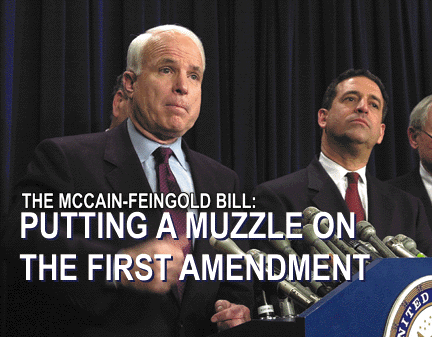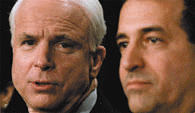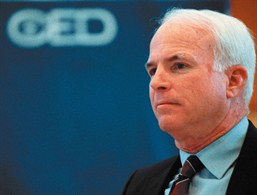Putting A Muzzle On The First Amendment By James O.E. Norell
Monday, September 24, 2001
Monday, February 23, 2026
What the Second Amendment community has long known has become increasingly difficult for gun grabbers to deny: no handgun is safe from the prohibitionist agenda.
Friday, February 20, 2026
On Tuesday, February 24th, the House Public Safety Finance and Policy committee will hold a hearing on two all-encompassing ban bills, House File 3433 and House File 3402
Monday, February 23, 2026
Anti-gun activists think they have figured out a way around the Second Amendment, democratic accountability, and the federal Protection of Lawful Commerce in Arms Act (PLCAA) to impose a limitless raft of gun control on ...
Tuesday, February 17, 2026
Today, February 17th is the legislative crossover deadline in Virginia, and any bills that have not left their chamber of origin by the end of the day are considered dead for the session.
Monday, February 2, 2026
Astute Virginia gun owners anticipated terrible gun control legislation from the 2026 General Assembly. Still, some may be shocked to learn that anti-rights zealots in the Virginia Senate have advanced a bill to CONFISCATE standard capacity firearm ...
 More Like This From Around The NRA
More Like This From Around The NRA




















